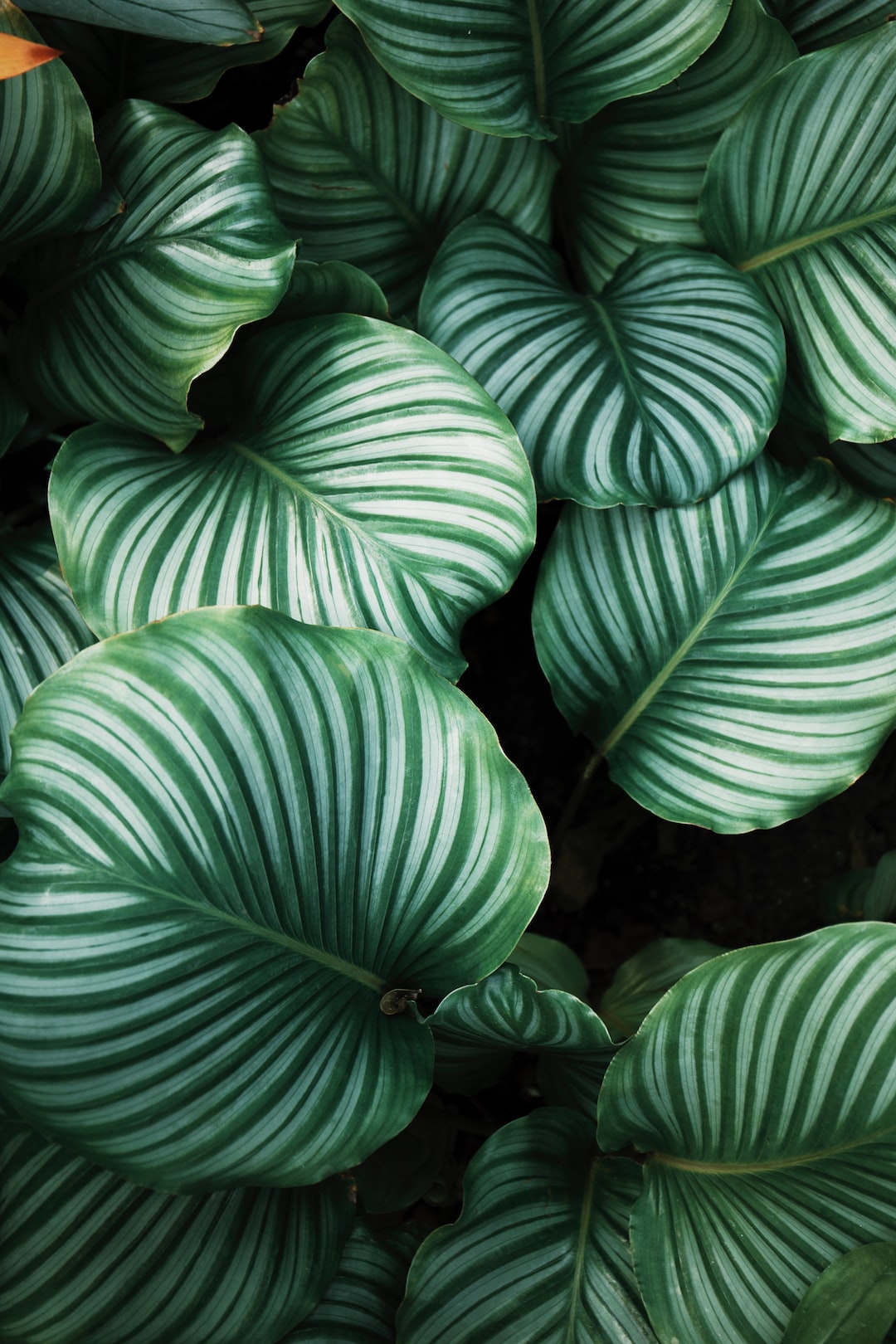Debunking Myths About Weed Killers: Natural Alternatives
Weed control is a common challenge faced by gardeners and homeowners alike. Maintaining a lush and weed-free environment can often feel like an uphill battle. While chemical herbicides, or weed killers, have traditionally been the go-to solution, there is an increasing interest in natural alternatives. In this blog post, we aim to debunk some of the myths surrounding weed killers and shed light on the effectiveness of natural alternatives.
Myth 1: Chemical herbicides are the only effective way to control weeds.
Contrary to popular belief, chemical herbicides are not the only effective means of weed control. While they may offer quick results, they also come with various drawbacks. Chemical weed killers can harm beneficial insects, contaminate water sources, and potentially pose health risks to humans and animals. Natural alternatives, on the other hand, not only help control weeds but also promote a healthier ecosystem.
Myth 2: Natural alternatives are not as effective as chemical herbicides.
One of the most persistent myths surrounding natural alternatives is their perceived lack of effectiveness. While it is true that natural methods may require more time and multiple applications, they can be just as effective in the long run. Pulling weeds by hand, using mulch, or employing plant-based herbicides can control and prevent weeds without the harmful side effects associated with chemical solutions. By being consistent and adopting a holistic approach, you can achieve satisfactory results without compromising environmental and human health.
Myth 3: Natural alternatives are expensive and time-consuming.
Another common misconception is that natural weed control methods are costlier and more time-consuming compared to chemical weed killers. However, this is not necessarily true. Chemical herbicides may provide quick results, but they often require regular and repeated applications to maintain weed-free areas. On the other hand, natural alternatives like mulching, proper watering, and hand weeding can be less expensive and time-consuming in the long term. Investing a little more effort upfront will yield long-lasting benefits for your garden and the environment.
Myth 4: Synthetic chemicals are necessary to handle invasive or aggressive weeds.
While it is true that some weeds can be particularly stubborn or invasive, it does not mean that synthetic chemicals are the only solution. In fact, using chemical herbicides to control aggressive weeds can often lead to resistance and increased reliance on stronger chemicals. Natural alternatives, such as smothering weeds with landscape fabric or cardboard, using vinegar spray, or creating a homemade weed killer with salt and dish soap, can effectively tackle even the toughest weeds. It’s all about finding the right natural approach for your specific weed problem.
Myth 5: Natural alternatives harm desirable plants.
One of the main concerns regarding natural weed control is its potential impact on desirable plants. However, when implemented correctly, natural alternatives are not harmful to the plants you want to keep. Hand weeding and mulching can specifically target weeds without affecting surrounding plants. Moreover, some natural herbicides are selective, targeting broadleaf weeds while leaving grasses and other desired plants unharmed. By understanding the specific needs of your garden and using natural products judiciously, you can achieve weed control without damaging your beloved plants.
In conclusion, the notion that chemical herbicides are the only effective means of weed control is a myth that needs to be debunked. Natural alternatives can be just as effective, safer for the environment, and more sustainable in the long run. With a little bit of effort, consistency, and patience, you can successfully control weeds without relying on harmful synthetic chemicals. Embracing natural alternatives is not only beneficial for your garden but also for the overall health of our planet.

